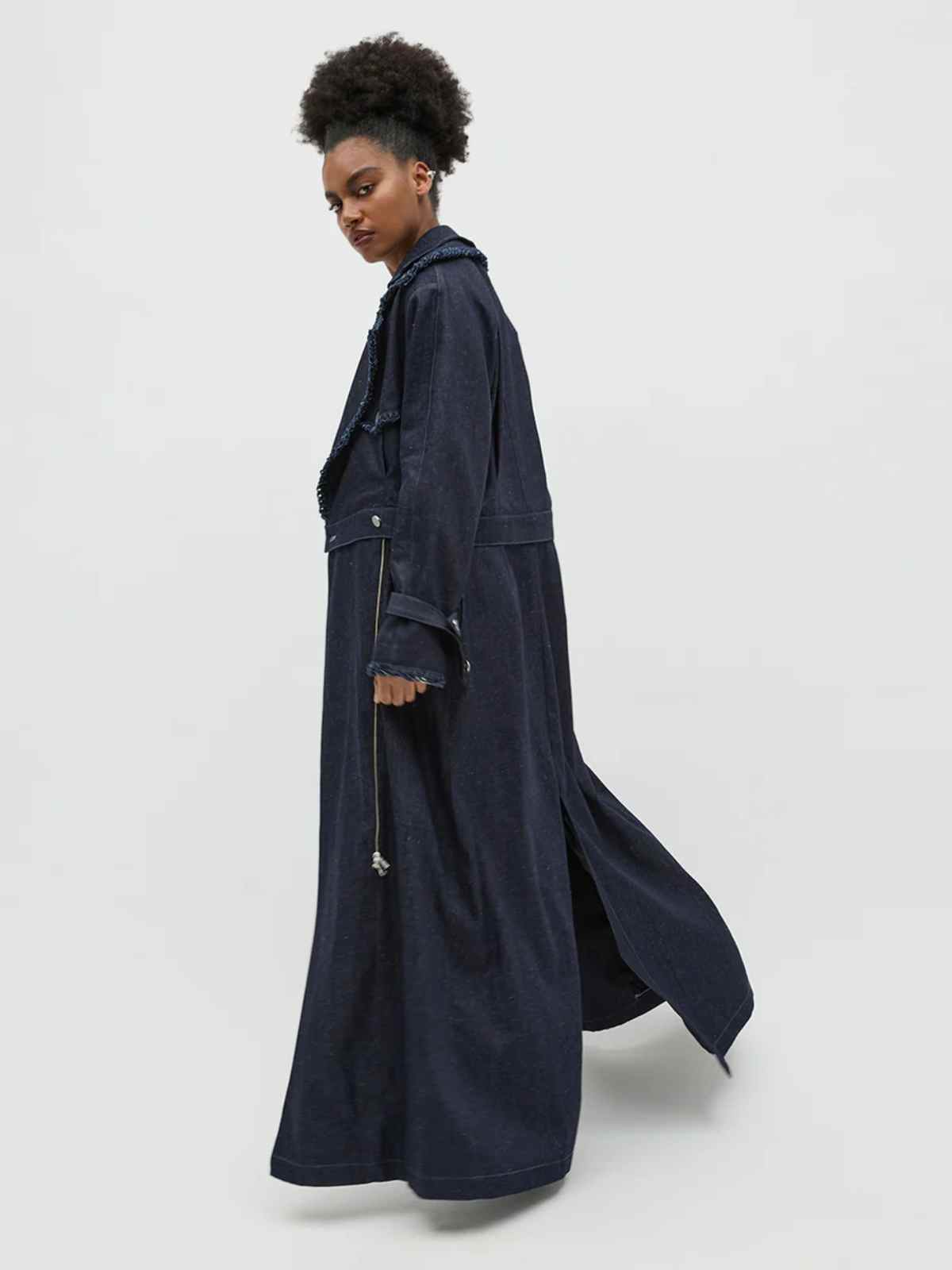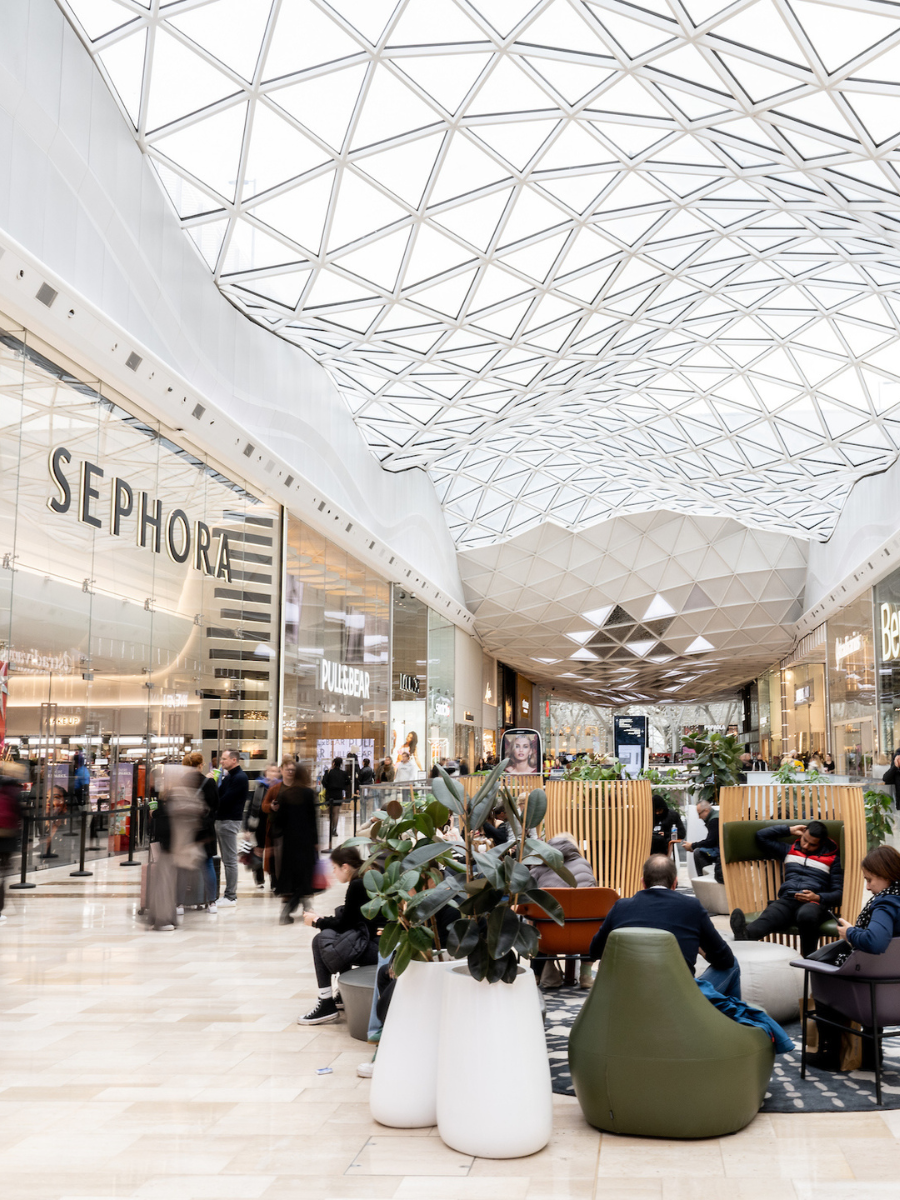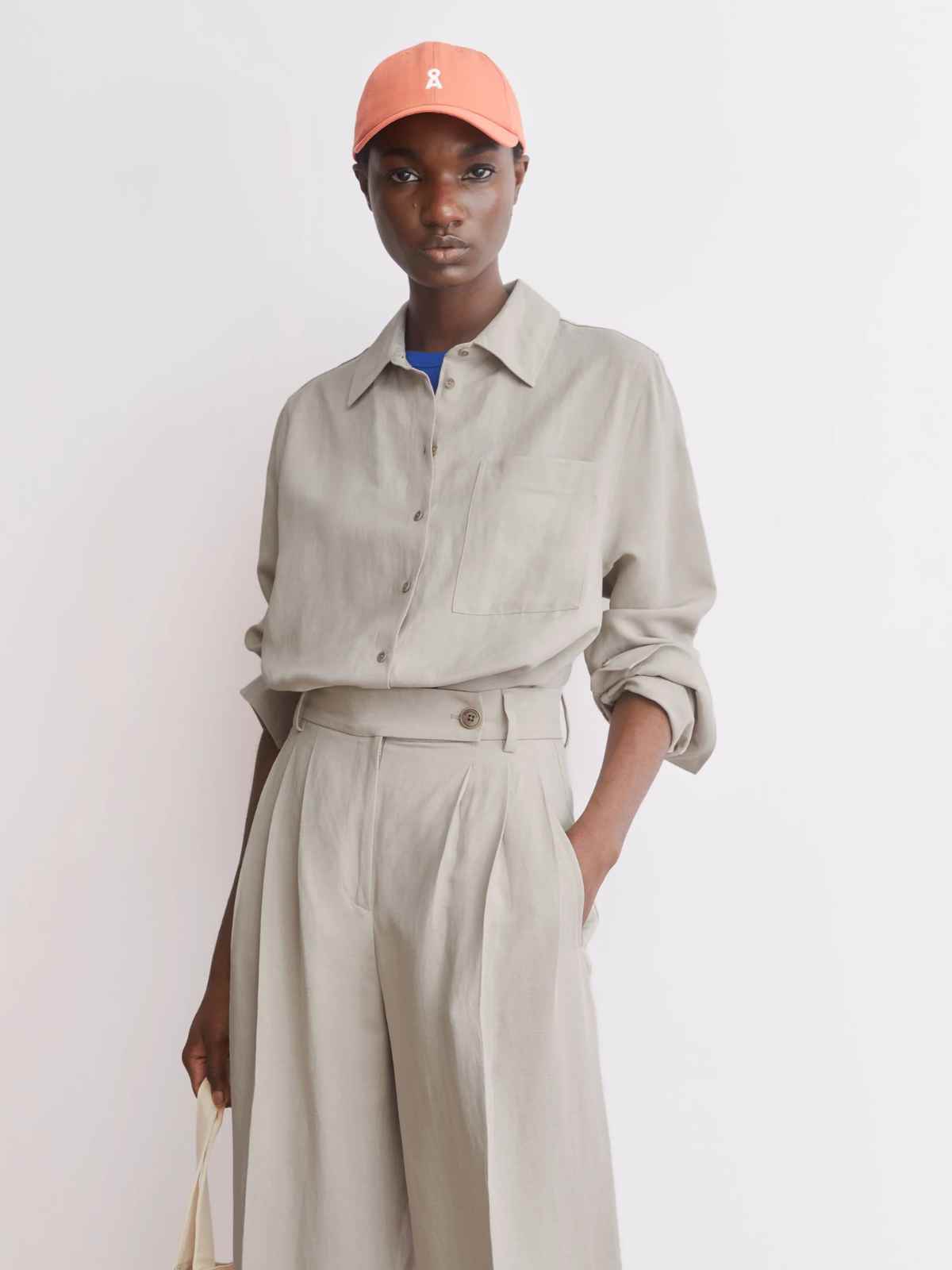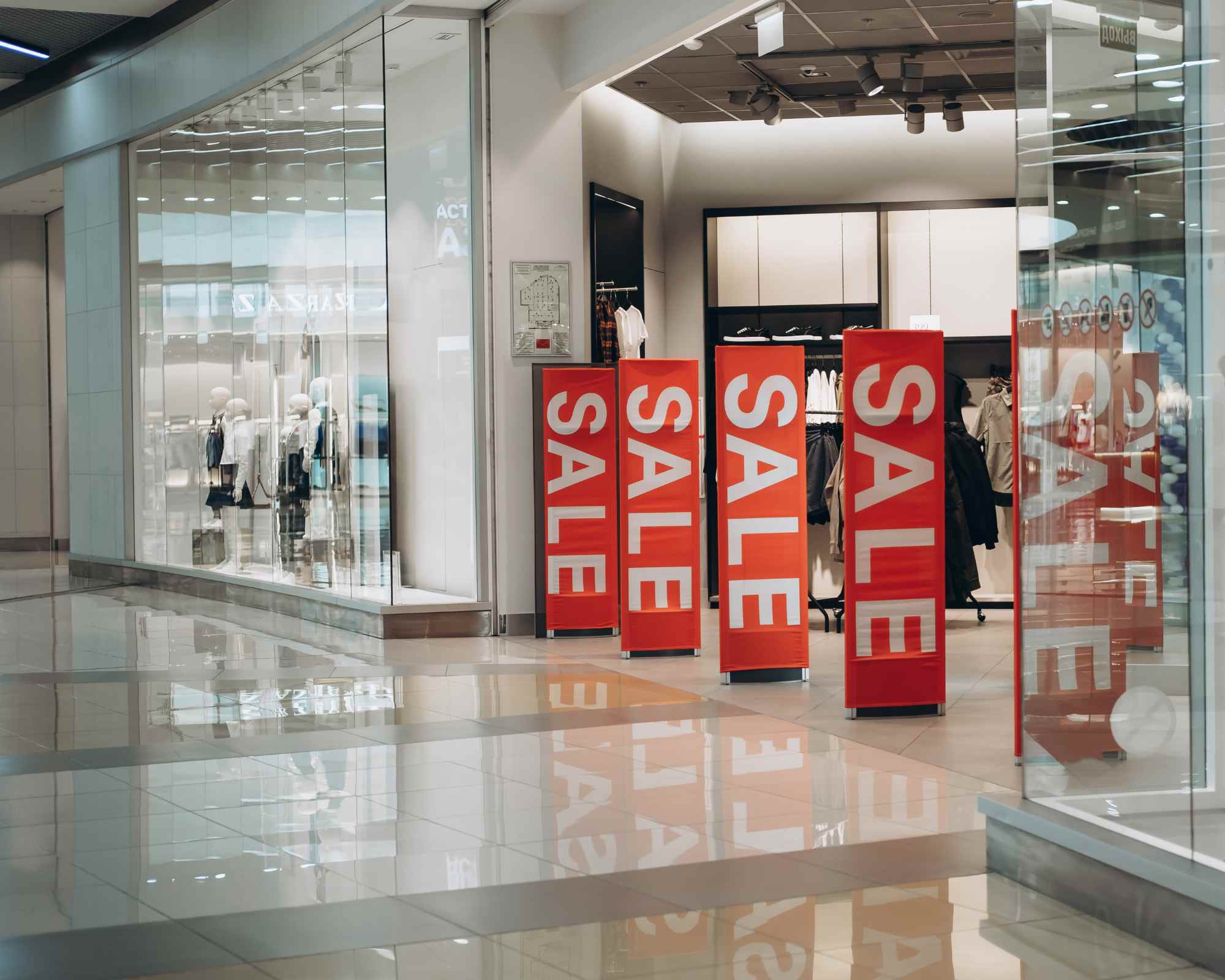It’s time to stop before you shop. We’re taking a step back to shed light on the issues with Black Friday and Cyber Monday.
The biggest shopping event of the year
It’s that time of the year again: with Halloween behind us and the holidays ahead, businesses are bombarding our mailboxes with promotional emails, and our social media feeds are filled with one thing—Black Friday.
The biggest shopping event of the year is happening on Friday 28th November, closely followed by Cyber Monday. As usual, we’ve been prompted for a good few weeks already to get the early deals and prepare for the hefty discounts. And this year, thanks to the cost of living crisis, people are expected to spend less on their holiday shopping than in years past while also seeking out discounts, according to data from Deloitte.
But this shopping frenzy cannot be good for the planet, people, and animals, and consumers are increasingly questioning the ethics of shopping events like Black Friday and Cyber Monday.
Even when big brands and organisations put a “sustainable” spin on Black Friday, pushing “eco-friendly” deals, something feels off. There’s an air of greenwashing around these sales, and the overconsumption encouraged during this time can’t truly be sustainable.
So this year, we’re taking a step back to shed light on the environmental and social damage of Black Friday. It’s time to stop before you shop and ask: what is Black Friday? Where did it come from? What’s wrong with it? And most importantly, how can we, as conscious consumers, fight against the tide?
What is Black Friday?
Before we look into the issues with Black Friday, let’s rewind a little.
While many believe the term Black Friday is linked to the accounting description of being in the black, which connotes profit, the term is suggested to have been coined in 1960s Philadelphia, when traffic police officers used it to describe the large crowds rushing to stores on the Friday following Thanksgiving to start their Christmas shopping, creating traffic jams and overcrowded sidewalks.
Retailers have since taken advantage of Black Friday, putting a positive spin on it and doing their best to attract larger crowds thanks to exclusive deals and discounts. Black Friday is originally an (unofficial) American holiday, but in recent decades, the US phenomenon has spread its tendrils across the globe, in-store and online.
During Black Friday and its online cousin, Cyber Monday, retailers have one big goal: attract consumers to their store and website with an unmissable deal, hoping that you’ll fill your cart with more things you don’t need once you’re there.
What started as one day of shopping has become a whole season, with offers and discounts beginning as early as October.
What’s wrong with Black Friday?
Overconsumption may be one of the most discussed impacts of Black Friday, but its effect reaches further than that. Here are some of the main issues caused by the shopping event.
Black Friday’s environmental impact
The fashion industry, and especially fast fashion, is already polluting and exploitative as it is. Black Friday makes it even worse, as more and more people are prompted to spend their hard-earned dollars on those juicy deals.
More global consumer spending means more products being manufactured and shipped worldwide, so it’s no surprise that Black Friday’s carbon footprint has grown accordingly. According to data collected by Waste Managed, 2023’s Black Friday was expected to emit 429,000 tonnes of greenhouse gas emissions just from product deliveries.
Because so many transactions are made, more emissions are created, more waste is generated, and more trucks are dispatched to meet the demand. The Guardian revealed that in 2017, a diesel truck left an Amazon fulfilment centre every 93 seconds at peak Black Friday delivery times.
But Black Friday’s environmental impact doesn’t stop the moment the products land on our doorsteps. No—Black Friday promotes overconsumption, pushing consumerism to its extremes by telling us we need more unnecessary, unwanted, cheap goods made from poor-quality, unsustainable materials. And what happens when we realise that juicy deal is falling apart? Most of us throw it away. In fact, one study suggested that up to 80% of our Black Friday purchases are thrown away after just one or even zero uses.
Black Friday’s social impact
Black Friday doesn’t just impact the planet we live on. It also affects all of us, starting with the workers who produce the goods we’re buying.
Production at a large scale often comes with outsourcing labour to nations where brands get away with paying pennies, depriving workers of access to a living wage and safe working conditions, and trapping them in an inhumane cycle of poverty. And as you might have guessed, the extra profit generated by the sale of even cheaper goods during Black Friday doesn’t end up in the workers’ wallets.
Then comes the workers that package, ship, and deliver the products. They are often under a lot of stress during this time of year, working long hours—from 12-16 each day at Amazon—to meet deadlines. In 2023, Amazon workers in 30 countries threatened to go on strike during Black Friday, demanding better pay and working conditions.
Black Friday also impacts us as consumers, playing on the idea that in this capitalist world, our value is based on the commodities we own and that through buying more things we’ll feel better—more appreciated, loved, respected, and so on.
Black Friday’s deals and discounts aren’t created with shoppers in mind, they’re designed to plump up the companies’ balance sheets and the CEOs’ wallets, as shown by recent research by Which? that found none of the 175 products it tracked over 12 months were priced at their lowest during the supposed “bargain” period. Black Friday is one of the many ways big brands are exploiting the working class for a profit.
A note on calling out people who shop during Black Friday
We’ve all seen the videos of the enormous crowds in shopping malls during Black Friday, and it’s easy to criticise those people for participating in the shopping event. But for some, Black Friday is one of their only chances to buy things they need. Calling out Black Friday shoppers doesn’t help, and some even argue that it’s classist, racist, and sexist. Part of the solution lies in all of us individually taking a step back, looking at what we consume, and asking ourselves if we really need to participate in Black Friday—not judging what’s in our neighbour’s cart. The other and most important part of the solution lies in addressing the systemic issues that lead to this yearly hysteria.
So what can you do instead?
Say no to the culture of overconsumption perpetuated by #BlackFriday sales, and remember we have power as consumers to push for positive change with more than just our spending ?
Find out more and get involved: https://t.co/EkvukYmfZC pic.twitter.com/nMqVI1NBh6
— Fashion Revolution (@Fash_Rev) November 11, 2021
So you’ve decided not to engage in Black Friday this year and to mindfully encourage those around you to do the same if they can—congrats! But, what can you do instead? And where do you start?
At Good On You, we want to help you avoid the hype and embrace conscious consumerism. And to do that, we recommend you stop before you shop. Give yourself the gift of taking a moment to shift from unconscious to conscious consumer. Before you reach for your wallet, start by asking yourself these three questions. After doing this short exercise, you might find that you don’t need to buy stuff after all.
Take a look at what’s already in your wardrobe and apply the 5 Rs of sustainable fashion: Reduce (what you own and consume), Rewear, Recycle, Repair, and Resell.
If, after all that, you still need to buy things, be curious and empower yourself to make better choices.
Here are a few other things you can do instead of chasing deals this Black Friday:
- Shop from local fashion brands and support your communities at home.
- At Good On You, we love to recommend some of the best more sustainable brands, rated “Good” or “Great”, but we also encourage shopping pre-owned (we love Vestiaire Collective and eBay) or having a clothes swap with friends, as other great ways to reduce the impact of your fashion choices.
- Participate in Giving Tuesday instead of Black Friday. Giving Tuesday helps promote charitable acts of giving to foster a society that is “more gracious” and inspires people to work together and help each other.
- Behind every discount, we should not forget that workers are being paid poverty wages for the clothes they make and that we wear.
- Make sure to choose something from a fashion brand that positively impacts the planet and its inhabitants. You can use the free Good On You app or directory to check the labour, environment, and animal ratings for thousands of fashion and beauty brands.
To help you out, here is a selection of brands that recognise the damage of events like Black Friday on conscious consumerism and go out of their way to fight against the tide:
- Kotn (“Good”): From 28th November until 3rd December, 100% of Kotn’s sales (up to $100,000) will go towards building schools in rural Egypt, where the cotton in the brand’s collections is grown.
- Armedangels (“Great”) has published a helpful guide on the mechanisms behind Black Friday’s “fear of missing out” mindset, and how to approach shopping more mindfully, plus notes on restyling items you already own.
- Asket (“Great”): For the ninth year running, the brand will close its e-commerce and IRL retail stores during Black Friday.
- O My Bag (“Good”): The Dutch bags and accessories brand already partners with India’s Kolkata Mary Ward Social Centre (KMWSC) on an education project for children in the region, but this Black Friday, the brand will also donate a portion of its sales to Future Hope, an organisation in the region that provides children with education, healthcare, and shelter. The proceeds will support the refurbishment of a school kitchen.
- Colorful Standard (“Good”) has opted out of Black Friday, publishing a statement to reiterate why it doesn’t adopt pressured shopping tactics.
These different actions are changes we can all make to help push the fashion and beauty industries to become more sustainable. But if we want real change to happen, we need to pressure governments to implement regulation and hold brands accountable that are doing the most harm to our planet, people, and animals. In addition to buying less and buying better, you can also participate in social movements, ask for systemic change and justice, and challenge our capitalistic system and cultural habits.


















